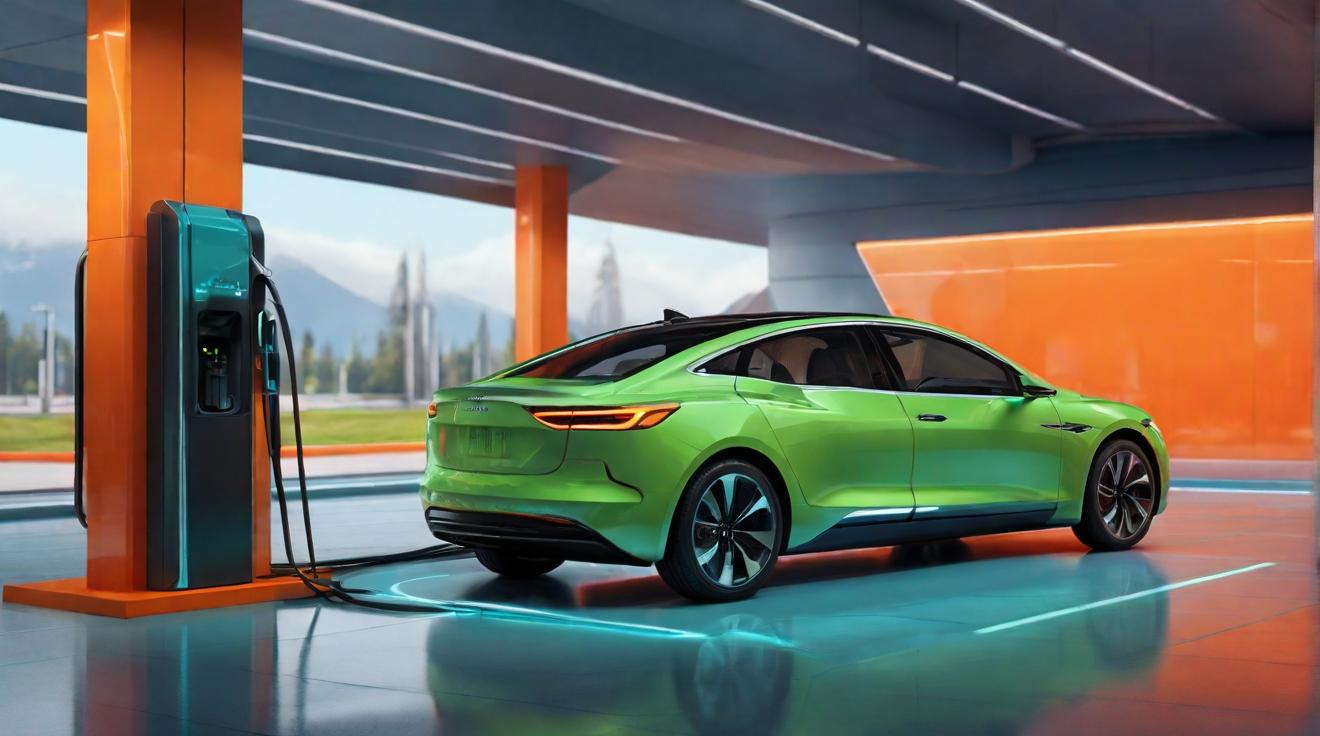Three Frequently Asked Questions About EVs, Answered
Why is there not a bigger push for plug-in hybrids during the transition to full EVs?
During the ongoing shift towards electric vehicles (EVs), one may wonder why there isn’t a stronger emphasis on plug-in hybrids. Plug-in hybrids possess the ability to charge up using an EV charger and operate on electricity for shorter distances. Although not as widely discussed as EVs, plug-in hybrids provide a favorable alternative for individuals who may not be ready to fully commit to an EV at the moment.
Transportation plays a significant role in addressing climate change, as it accounts for approximately a quarter of global emissions. Hence, the prospects of utilizing vehicles for commuting to work, school, and grocery stores become highly crucial in the fight against climate change.
Let’s clarify some terms before delving further. Hybrid vehicles encompass both an internal-combustion engine that burns gasoline and a battery. However, two primary types of hybrids exist. Plug-in hybrids possess the capability to be charged using an EV charger and can operate on electricity for shorter distances. On the other hand, conventional hybrids are equipped with a small battery to help capture otherwise wasted energy, thereby improving fuel efficiency. Nonetheless, conventional hybrids solely rely on gasoline for functioning.
It is important to remember that any technology contributing to immediate emission reduction aids in combating climate change. Even with conventional hybrids, emissions can be reduced by approximately 20%.
Despite their advantages, plug-in hybrids have their limitations. These vehicles tend to encounter higher rates of problems compared to both EVs and traditional gas-powered vehicles. Moreover, they require additional maintenance. Some studies also suggest that the emissions benefits advertised for plug-in hybrids may not be fully realized, as people tend to utilize the electric mode less frequently than expected.
In conclusion, while plug-in hybrids offer a viable option during the transition to full EVs, they do come with certain drawbacks. As the world continues its pursuit of cleaner transportation solutions, it is crucial to weigh the pros and cons of different technologies to make informed choices.
Analyst comment
Neutral news.
As an analyst, the market for EVs is expected to continue growing steadily. While plug-in hybrids offer a viable option during the transition to full EVs, their limitations and drawbacks may hinder their widespread adoption. However, as the world continues its pursuit of cleaner transportation solutions, there will still be a demand for plug-in hybrids as an alternative for individuals who are not yet ready to fully commit to EVs at the moment.













